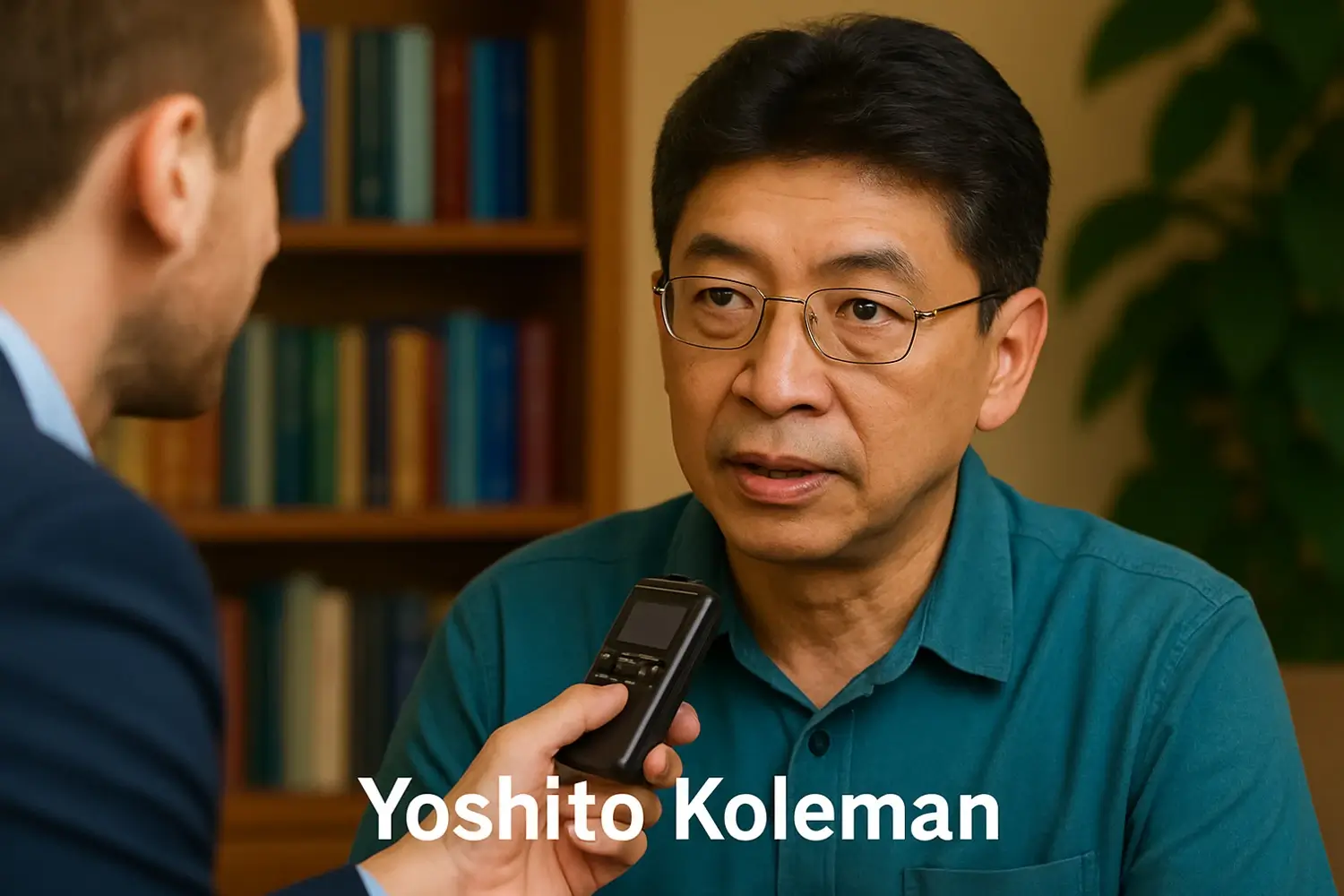An Interview with Yoshito Koleman, Psychometrist and Founder of WorldIQTest.com

Interviewer: Hello, Yoshito! Thank you for joining us today on our English learning platform to talk about the International IQ Test at WorldIQTest.com. Many of our readers are curious: do you need to be fluent in English to take this test? (Curious)
Yoshito Koleman: Thanks for having me! The short answer is no, you don’t need to be fluent in English to take the International IQ Test. Our test is designed to be as language- and culture-neutral as possible. It’s built on the foundation of Raven’s Progressive Matrices, which rely on visual patterns and logical reasoning rather than linguistic skills. So, whether you’re a native English speaker or just starting to learn, the test is accessible to everyone. (Confident)
Interviewer: That’s fascinating! So, you’re saying it’s all about spotting patterns, not memorizing vocabulary. Can you tell us more about how the test works and why language isn’t a barrier?
Yoshito Koleman: Exactly! The test uses abstract shapes and sequences, much like Raven’s Matrices, but we’ve adapted it for the online world. You’re presented with a series of visual puzzles, and your task is to identify the missing piece by recognizing patterns. It’s like solving a puzzle game—no reading comprehension or grammar skills required. We’ve also incorporated elements from other methodologies to make it robust, but the core idea is to measure reasoning and problem-solving, not language proficiency. So, no need to brush up on your Shakespeare to ace it! Unless, of course, you think “to be or not to be” is a logic puzzle! (Chuckles)
Interviewer: Haha, I’ll stick to puzzles over Hamlet any day! So, how did you ensure the test is fair for people from different cultural backgrounds?
Yoshito Koleman: Great question. Cultural bias is a big challenge in psychometrics, and we’ve worked hard to minimize it. Raven’s Matrices were chosen as a foundation because they’re already widely respected for being culture-fair. We took it a step further by refining the visuals and logic sequences to avoid any cultural references or symbols that might favor one group over another. For example, we don’t use images tied to specific holidays or traditions. It’s all about universal patterns—think shapes, colors, and numbers. We’ve tested it globally, and the results show consistent performance across cultures, which makes us proud. (Proud)
Interviewer: That’s impressive! But let’s say someone’s nervous about taking the test—maybe they’re worried they’ll “fail” it. Any advice for them? (Concerned)
Yoshito Koleman: First, there’s no such thing as failing an IQ test—it’s just a snapshot of your cognitive abilities at a given moment. My advice? Relax, take your time, and approach it like a fun challenge. It’s not a race, and you don’t need to be a math genius or a language expert. Just trust your instincts and enjoy the process. Oh, and maybe don’t take it after pulling an all-nighter studying English phrasal verbs—that might make your brain feel like it’s playing hide-and-seek! But don’t worry, your IQ won’t get lost in the game. (Smiling)
Interviewer: Love the humor! So, for our readers who are learning English and might want to test their cognitive skills, why should they check out WorldIQTest.com?
Yoshito Koleman: WorldIQTest.com offers a reliable, accessible way to measure your IQ without worrying about language barriers. It’s quick, free, and you get a certificate with your results, which is a nice bonus. Plus, it’s a great way to challenge yourself and see how your mind tackles abstract problems. Whether you’re learning English or fluent in ten languages, the test is designed to give you a fair shot at understanding your cognitive strengths. Give it a try at WorldIQTest.com—no English dictionary required!
Interviewer: Thanks, Yoshito, for breaking it down and making it so approachable! We’ll definitely encourage our readers to check out the test and have some fun with those patterns.
Yoshito Koleman: My pleasure. Thanks for spreading the word, and happy puzzling to everyone!

